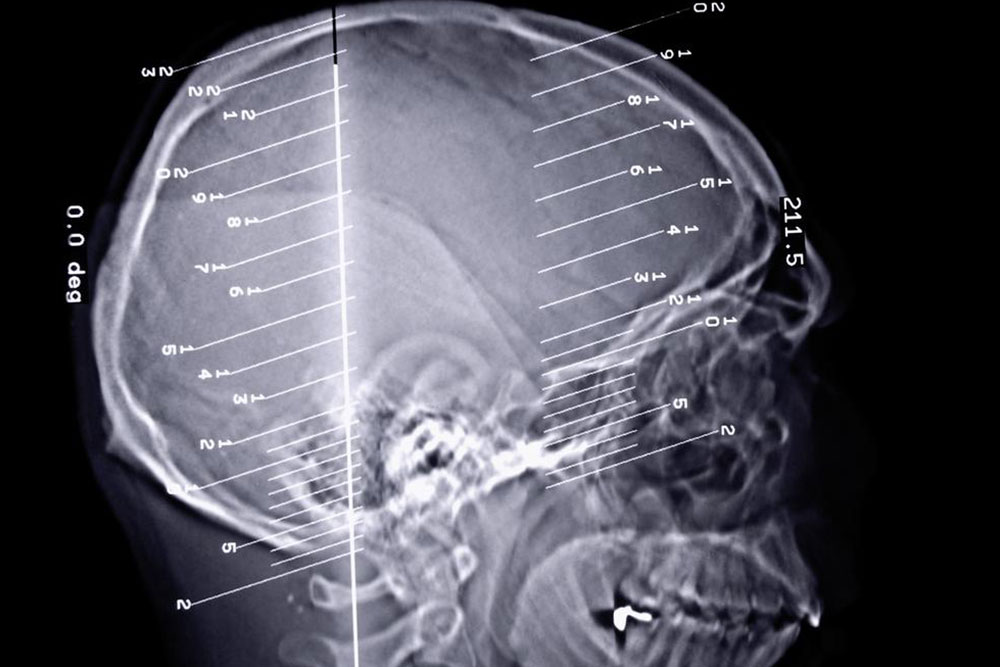Effects of Excessive Protein Intake on Your Body
Excessive protein intake can impact your health negatively, causing issues like bad breath, weight gain, kidney strain, and dehydration. While proteins are essential for body functions, moderation is key to avoid adverse effects. Learn the risks associated with high-protein diets and how they affect your body in the long run.

Effects of Excessive Protein Intake on Your Body
Proteins are vital building blocks for the human body, essential for repairing muscles and tissues. They play a role in enzymes that accelerate chemical processes and are found in hormones like insulin, which control organ functions. Hemoglobin, present in blood, is partly made of proteins and transports oxygen throughout the body. Proteins contribute to structural integrity and regulate various bodily functions by forming chains of amino acids, which are the body's fundamental units.
According to the National Institute of Medicine, adults should consume about 0.8 grams of protein per kilogram of body weight daily. This typically translates to roughly 8 grams of protein per 20 pounds. Ideally, 10-35% of daily calories should come from proteins. However, consuming too much protein can lead to health issues like bad breath, weight gain, kidney problems, and dehydration.
Bad Breath from Ketosis
When carbohydrate intake is very low, your body enters ketosis, burning fat instead of carbs. While weight loss benefits may seem appealing, it causes a chemical called ketone to be released, resulting in foul-smelling breath often likened to nail polish remover. This internal odor persists even after brushing or flossing.
Weight Gain Risks
Initially, high-protein diets may aid weight loss, but sustained excess intake can lead to weight gain over time. Research with thousands of adults indicates that high-protein diets increase the likelihood of obesity in the long run.
Kidney Function Concerns
Regular consumption of high levels of protein has been linked to kidney issues. The process of metabolizing proteins produces ketones, which can be damaging to kidney health.
Dehydration Symptoms
As ketones are toxic, the kidneys attempt to excrete them, demanding increased water usage. This can lead to dehydration, as your body loses more fluids trying to detoxify.
Disclaimer:
Our blog offers diverse and practical information based on research; however, content should not be considered conclusive. Users are advised to consult health professionals for personalized advice, and we disclaim responsibility for potential inaccuracies or missing details across different platforms.










